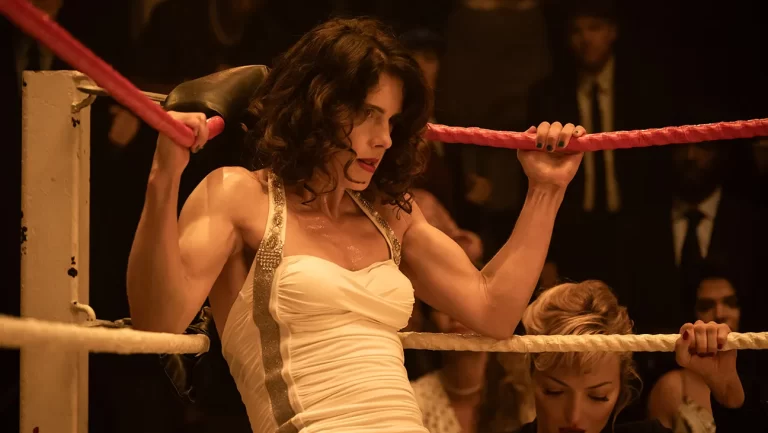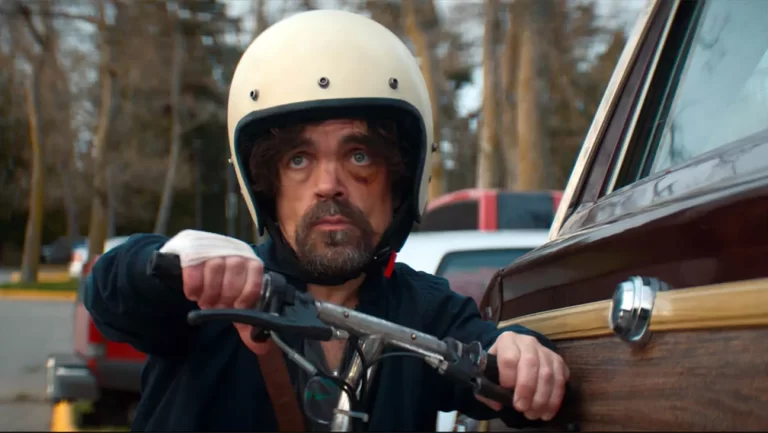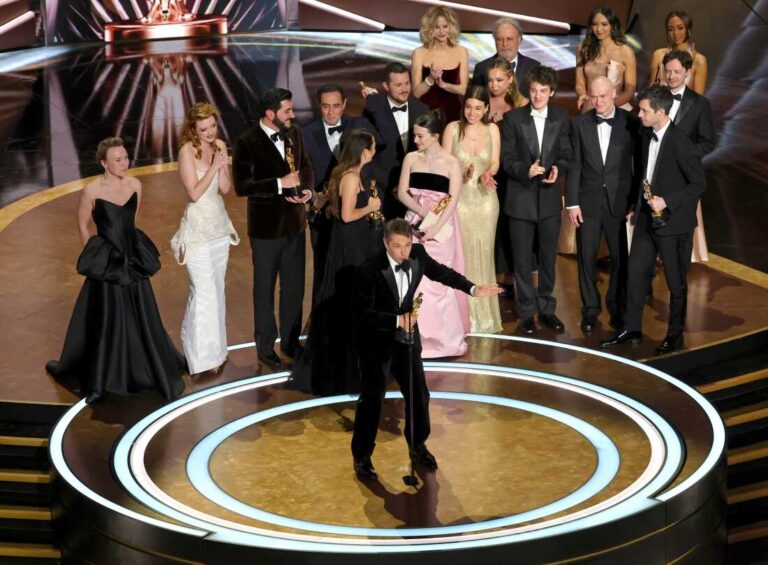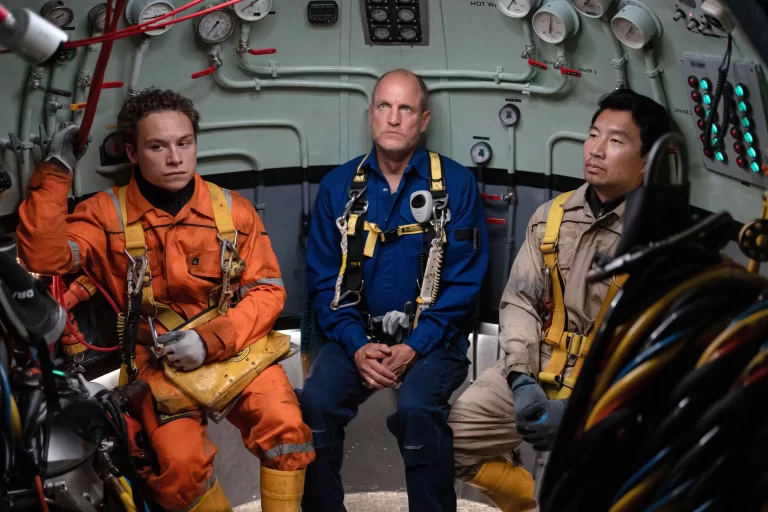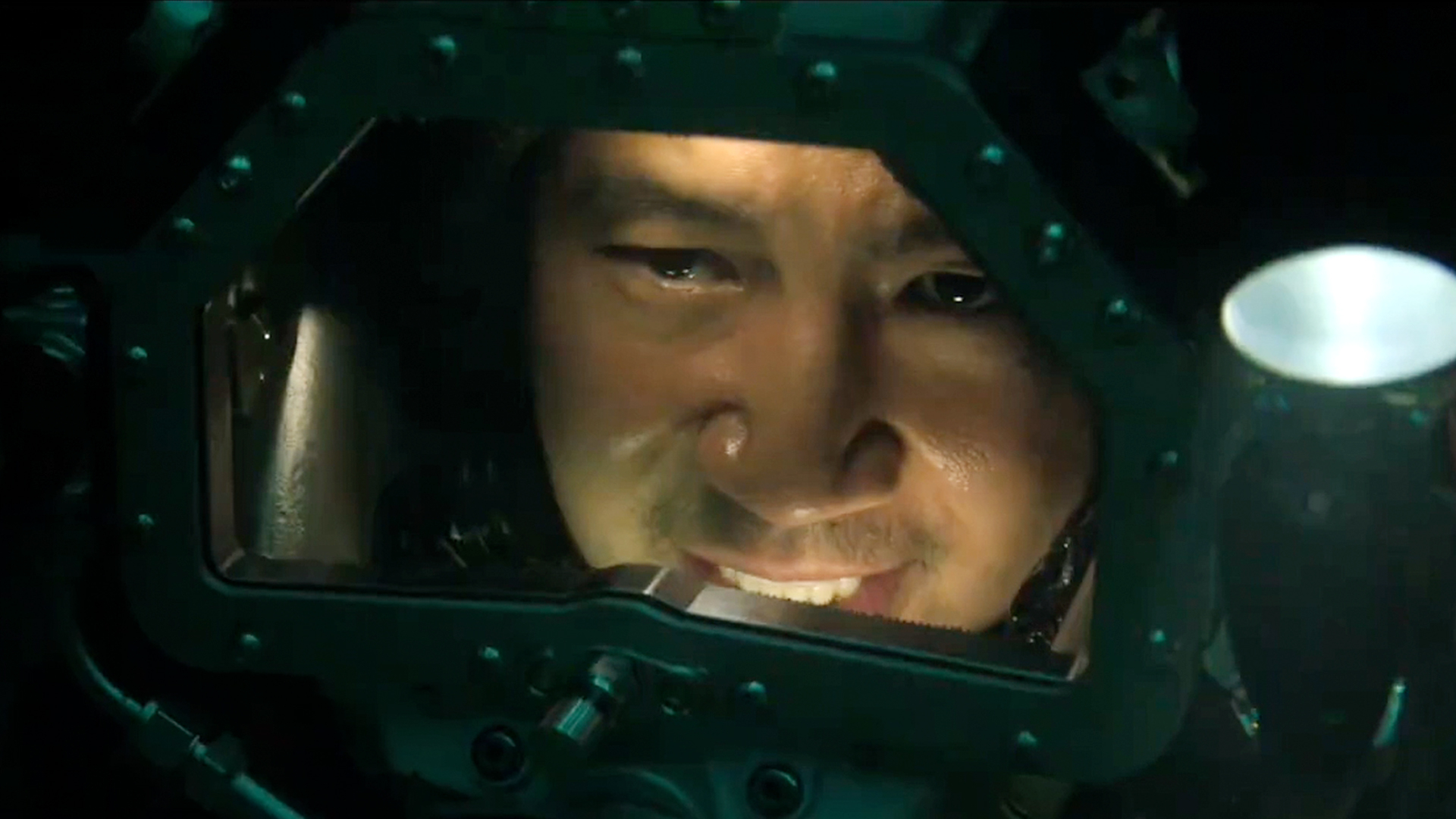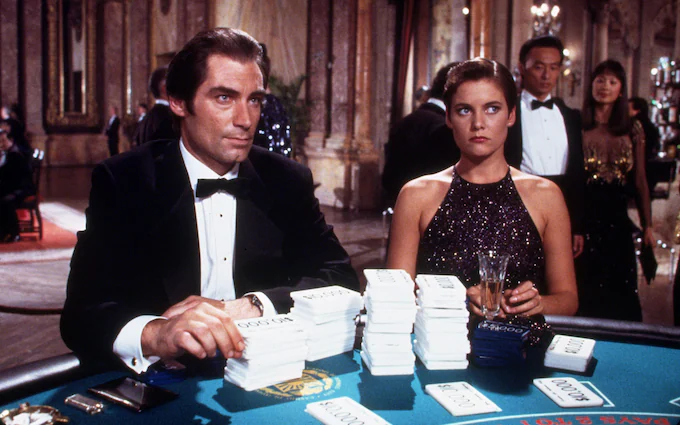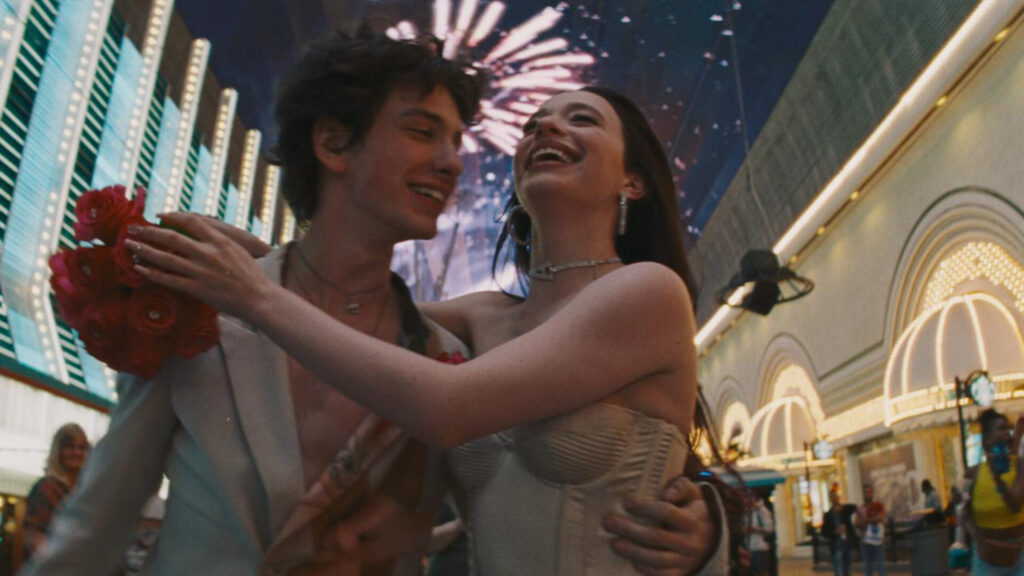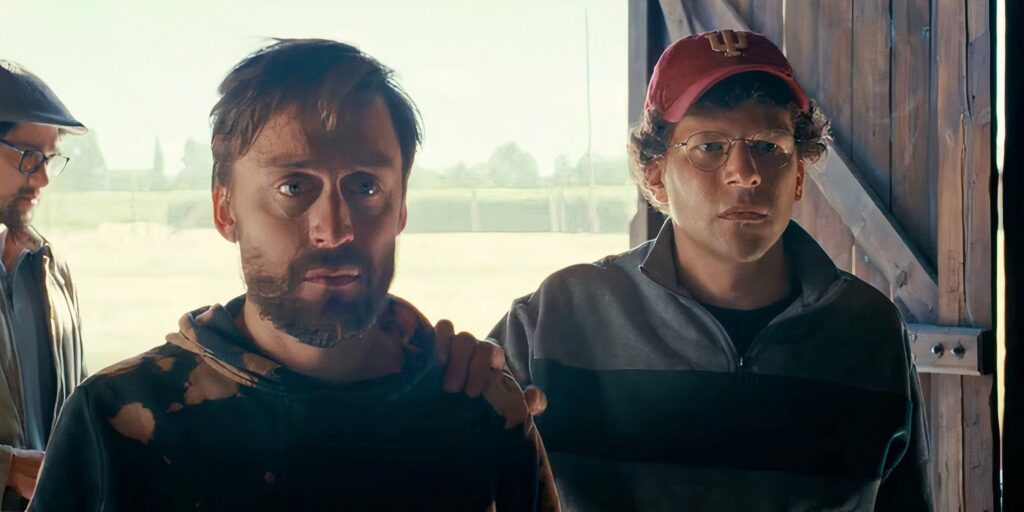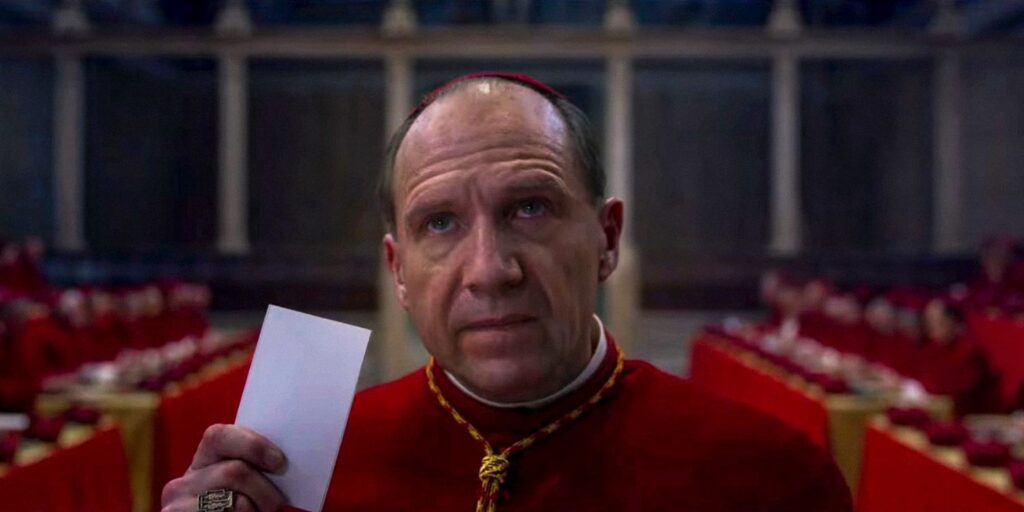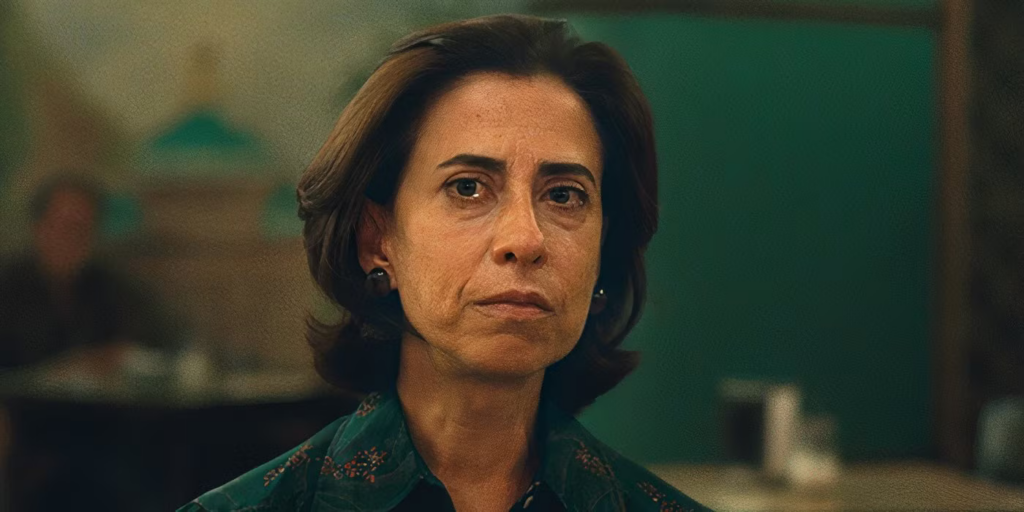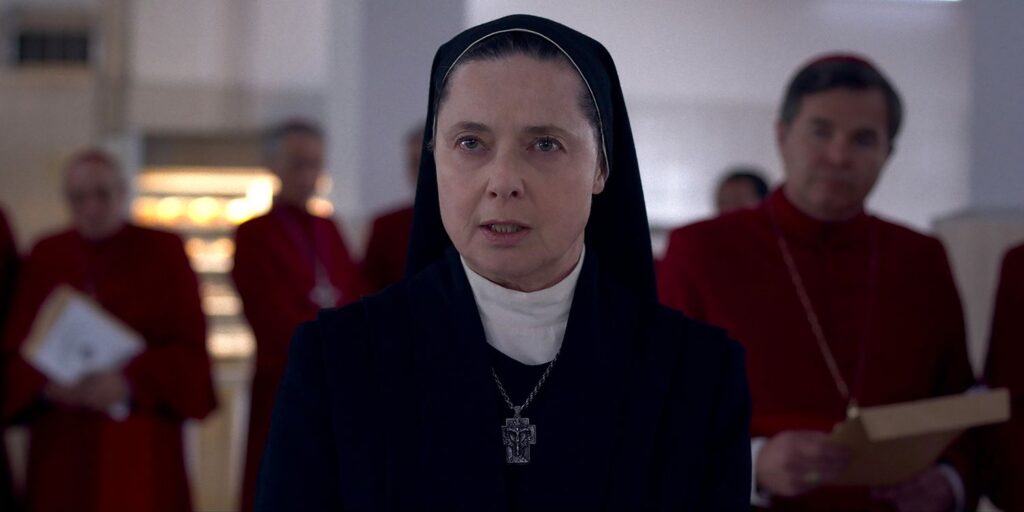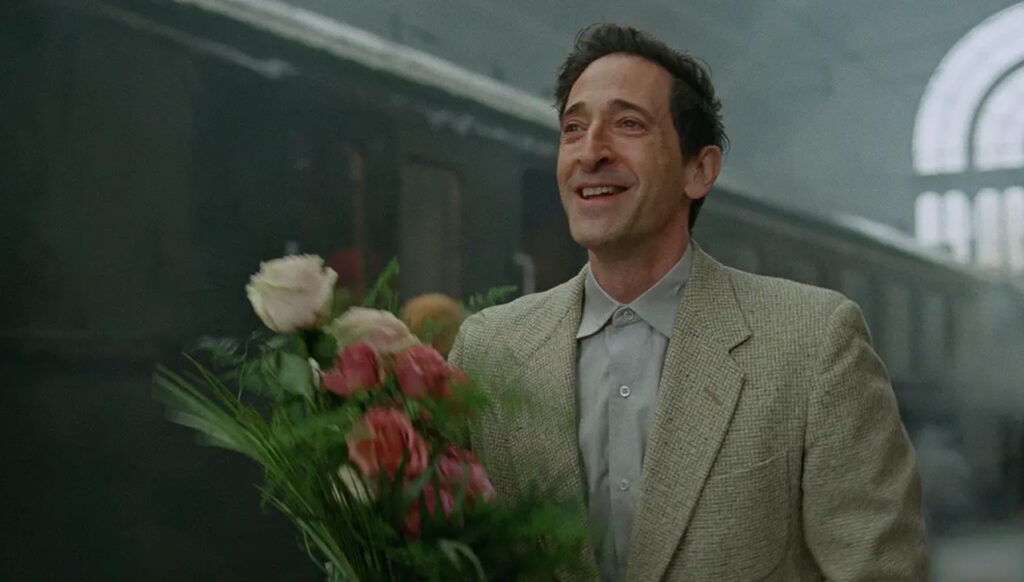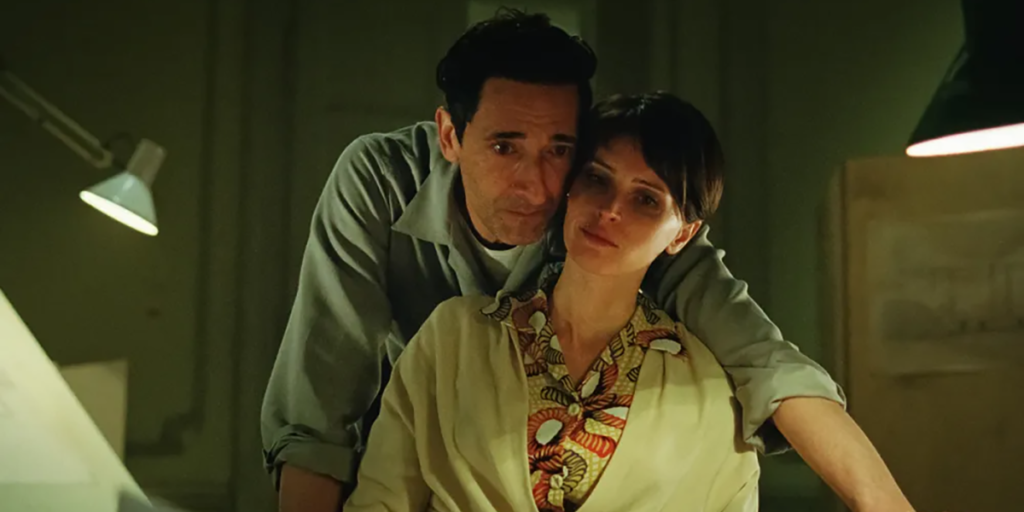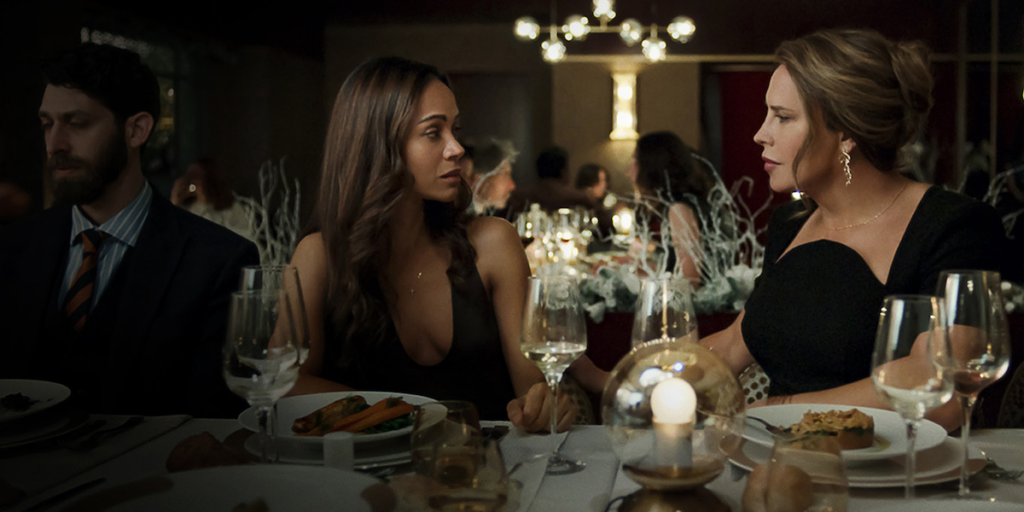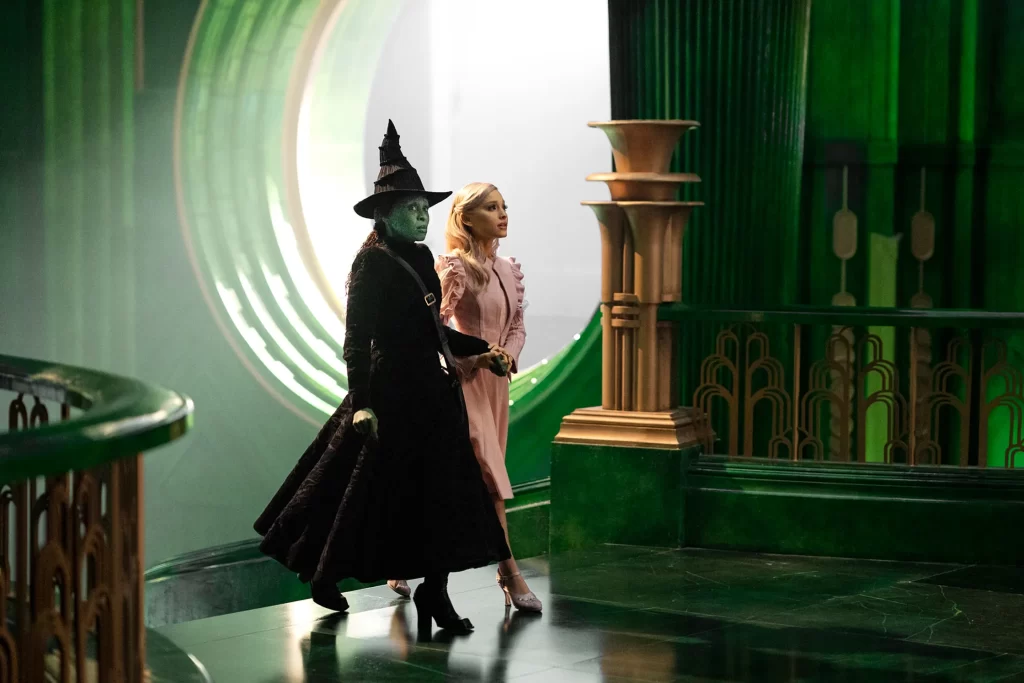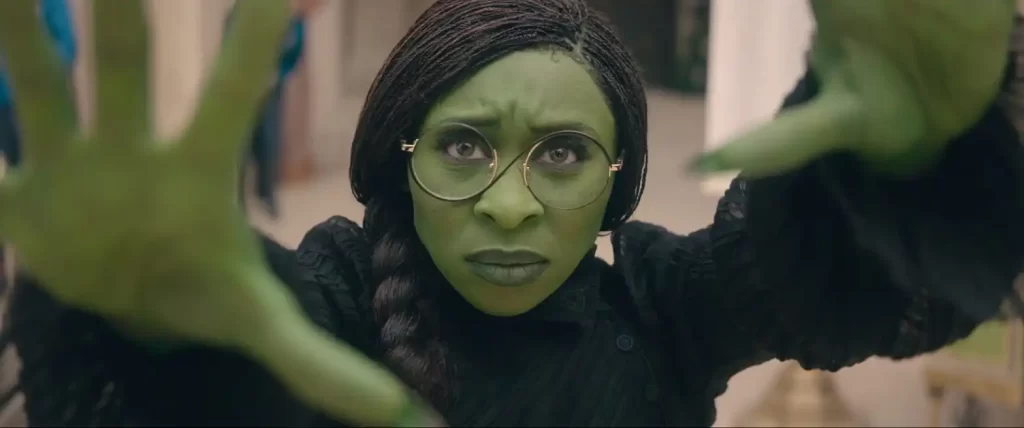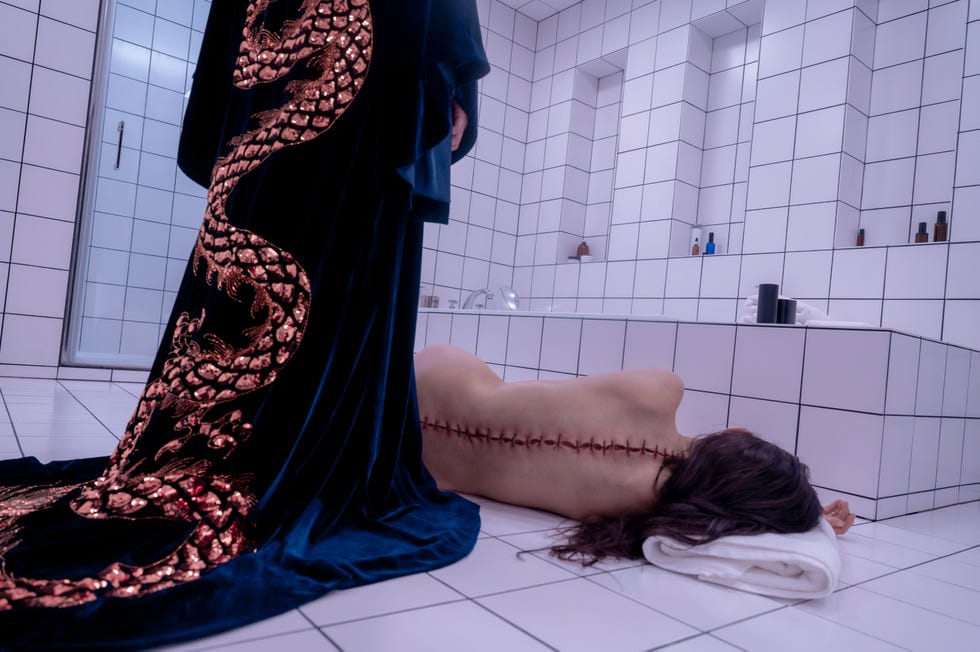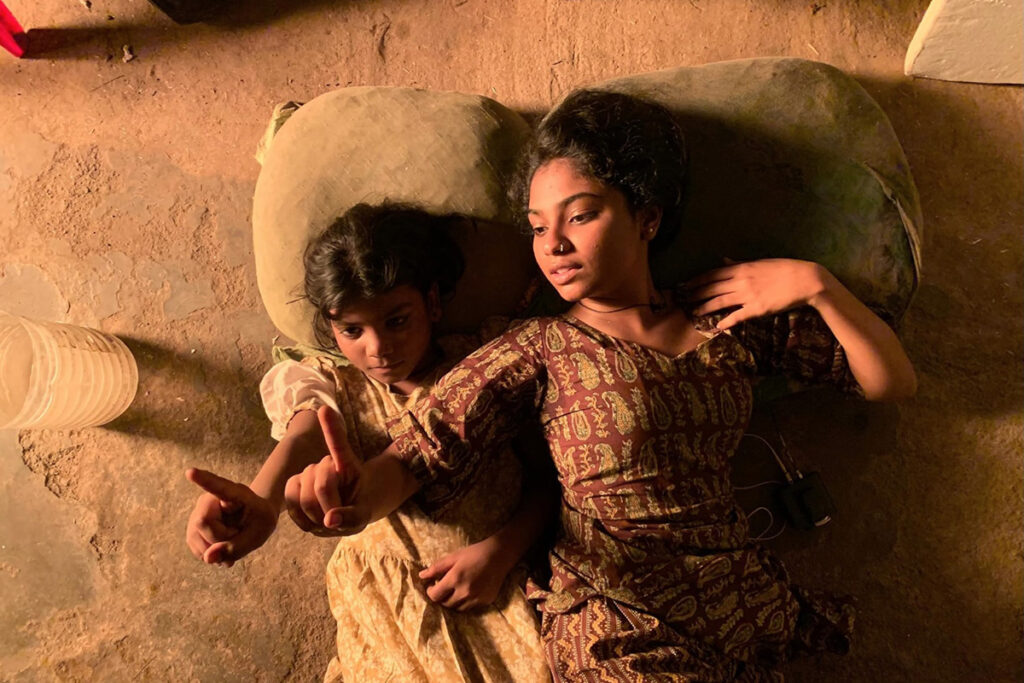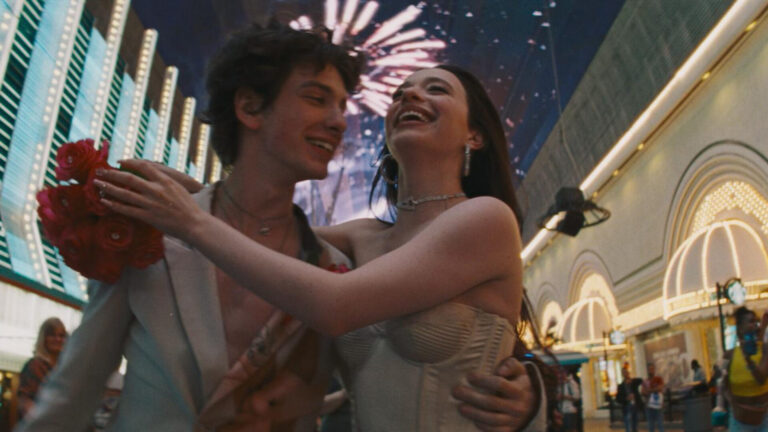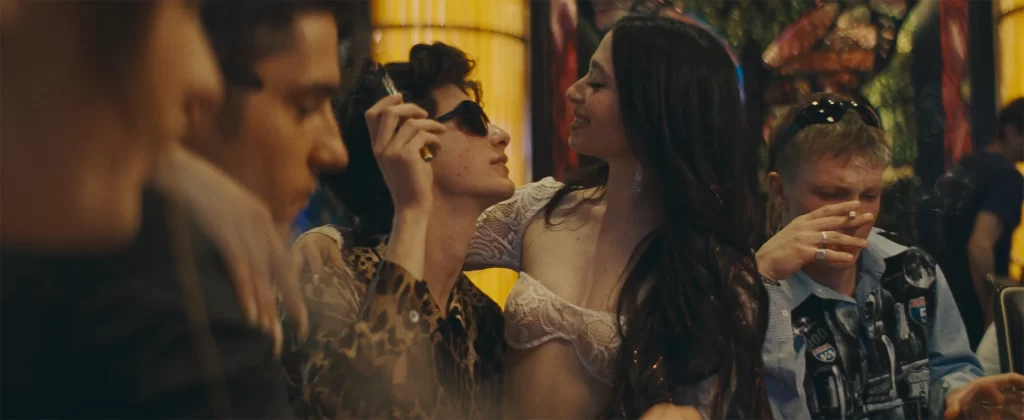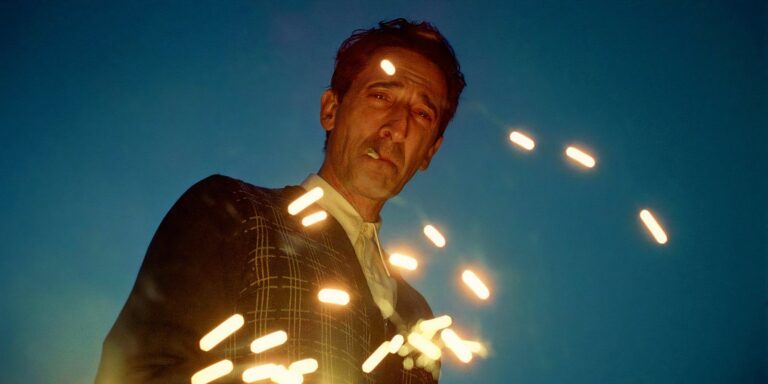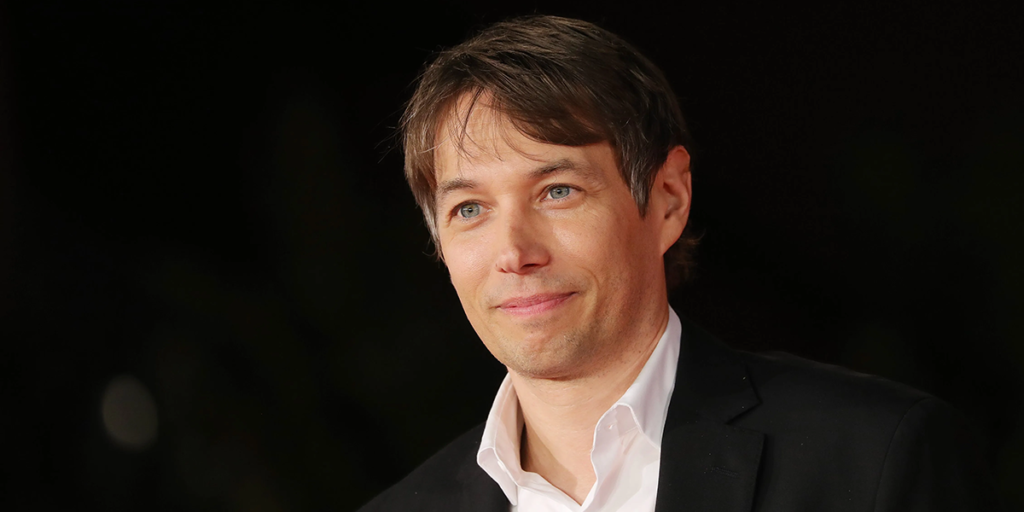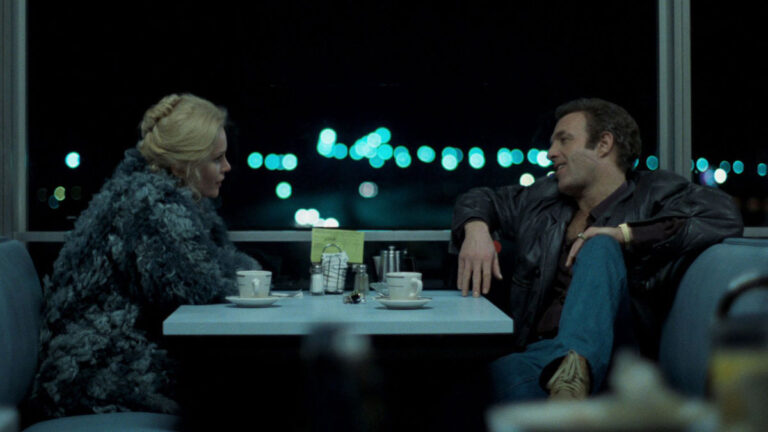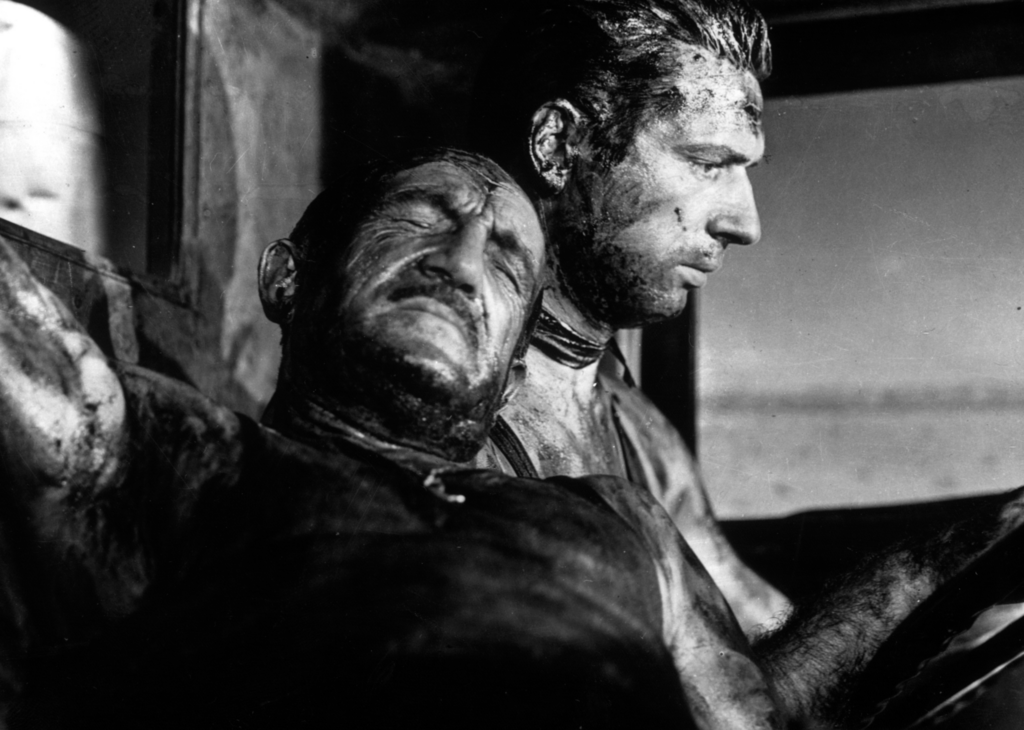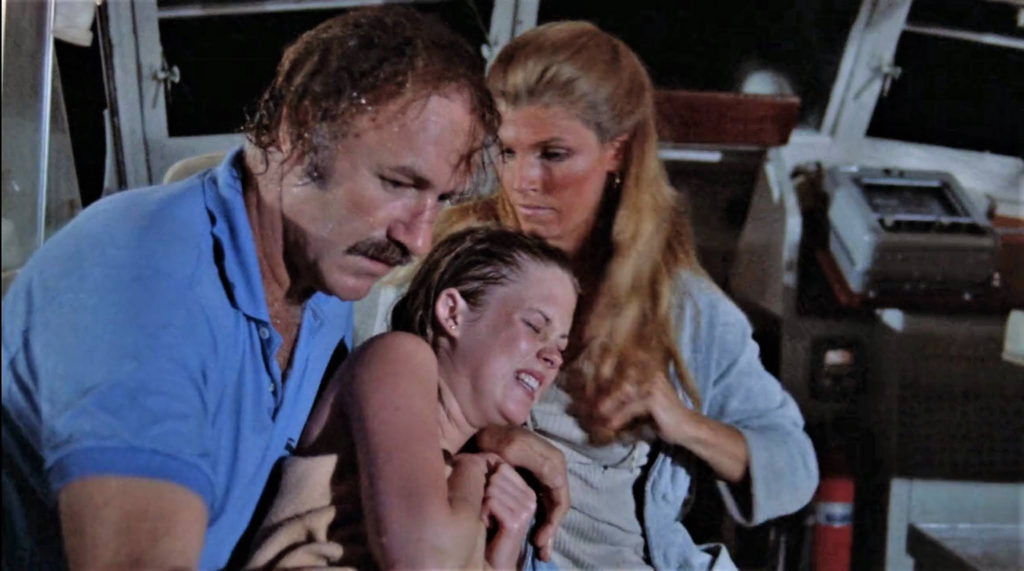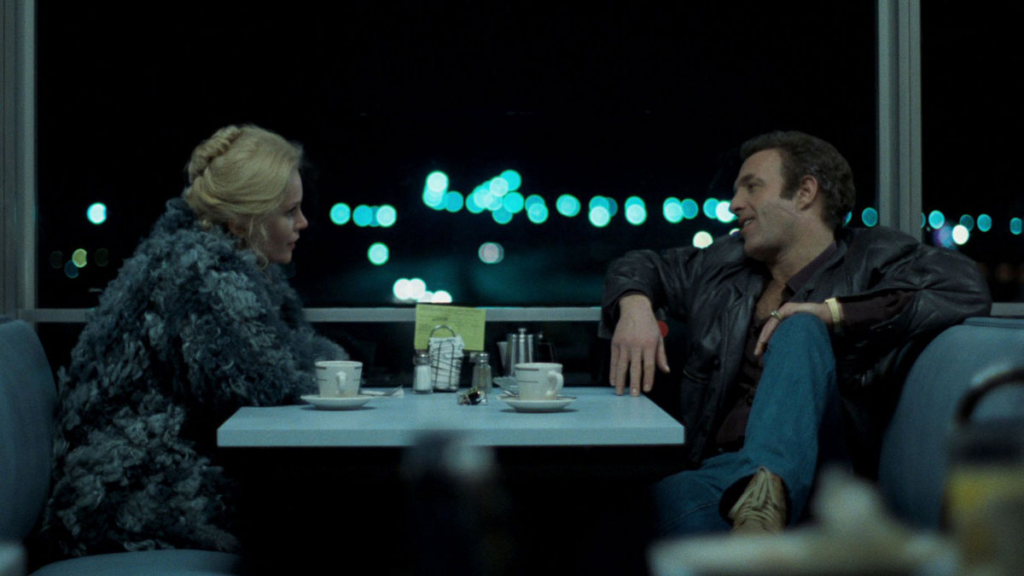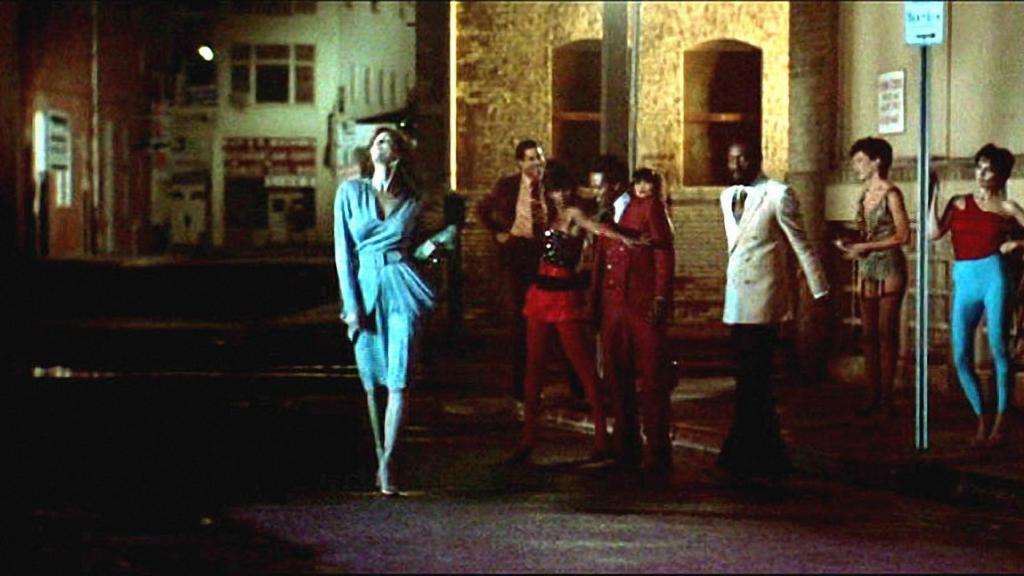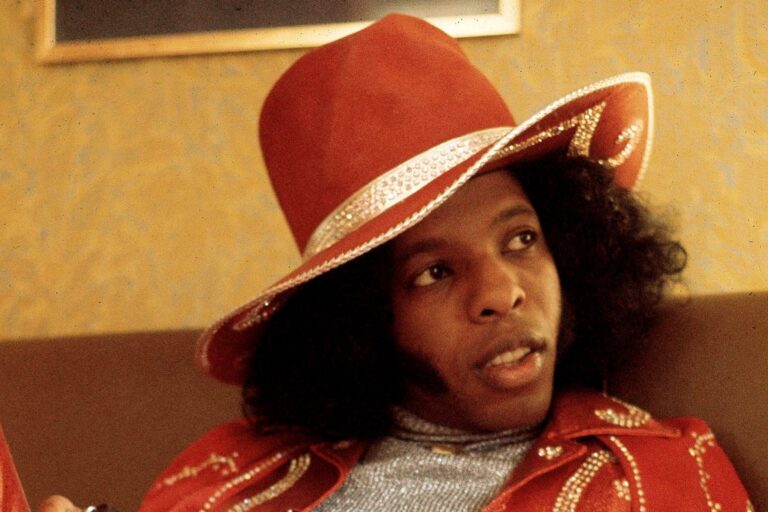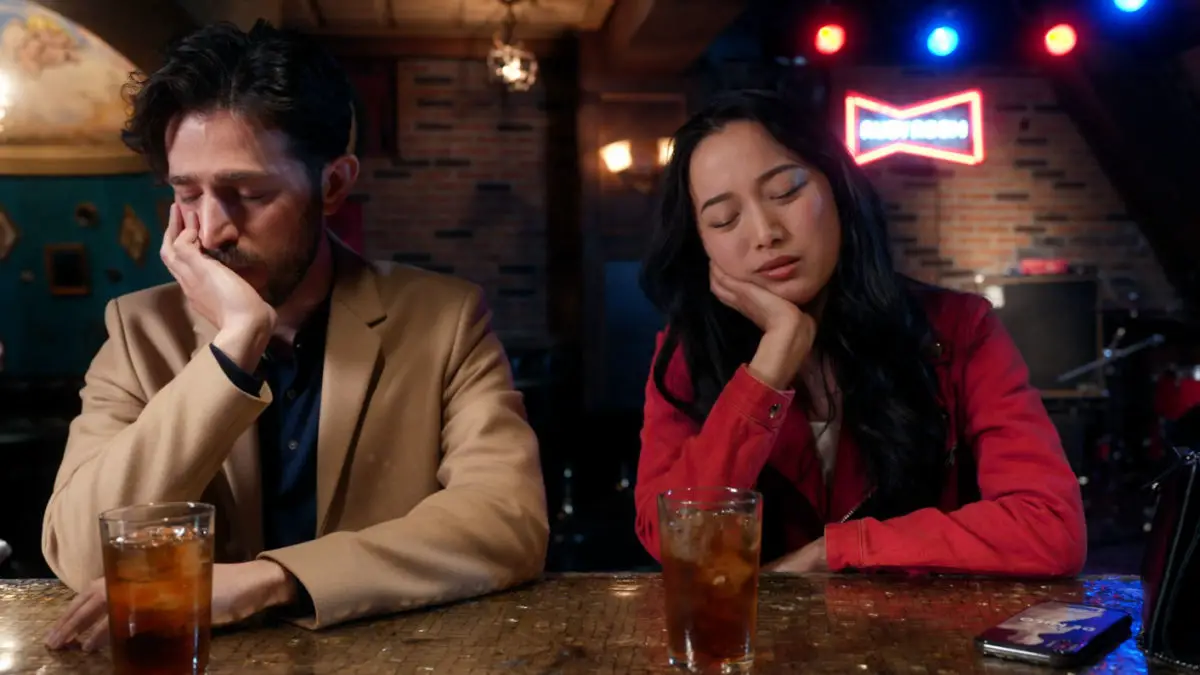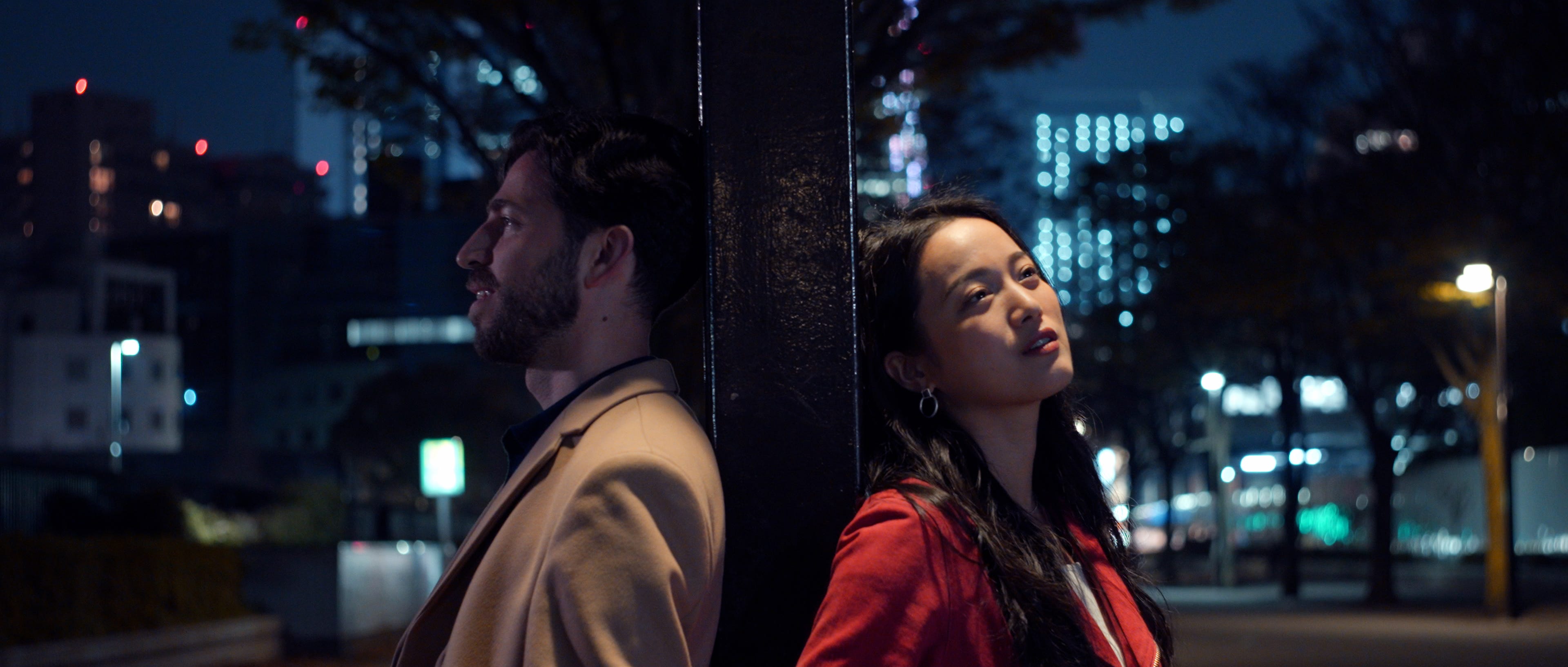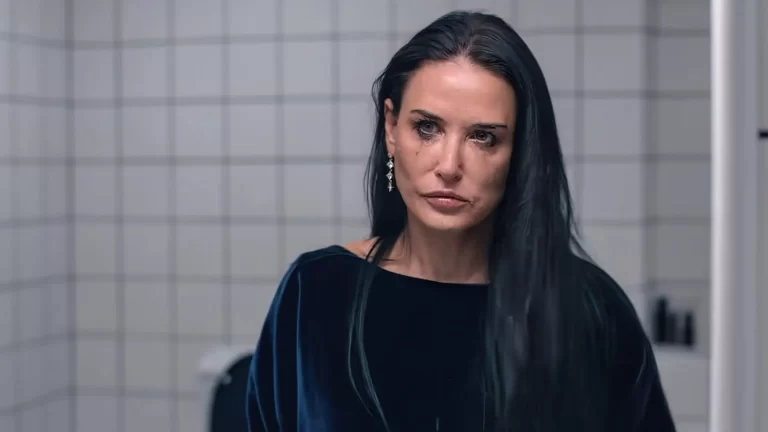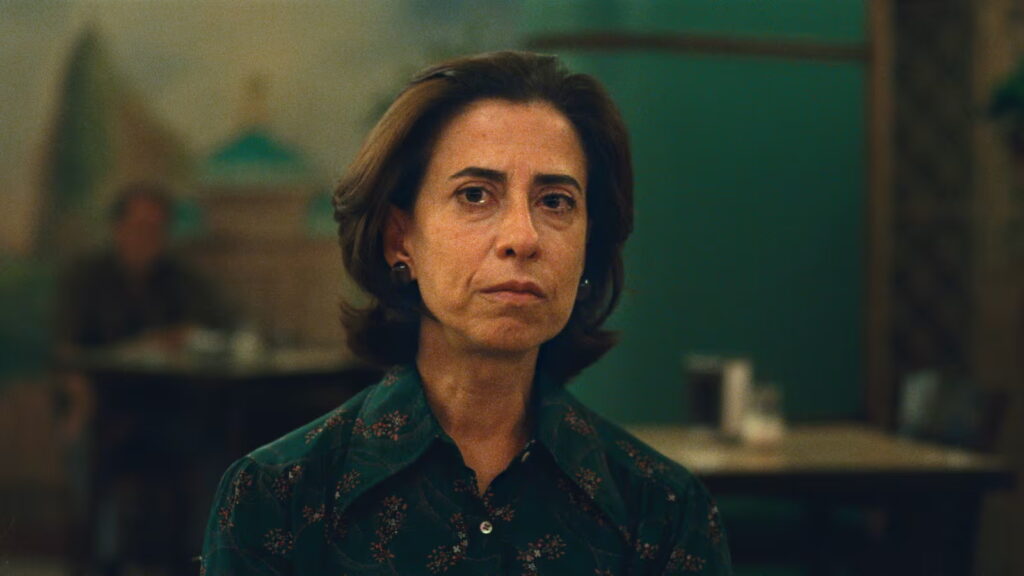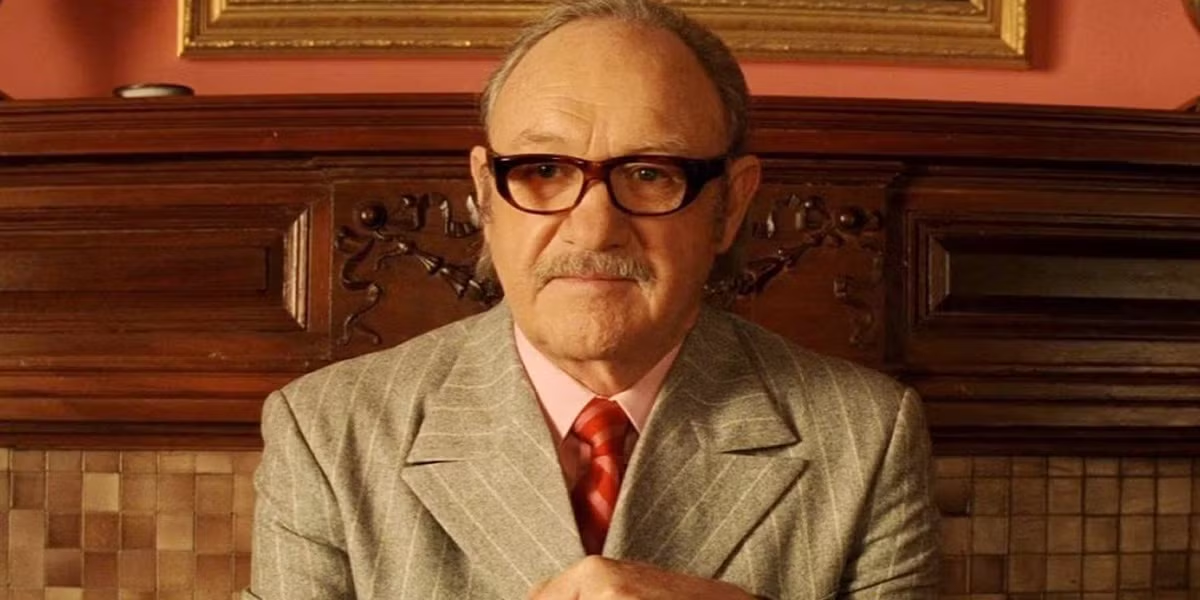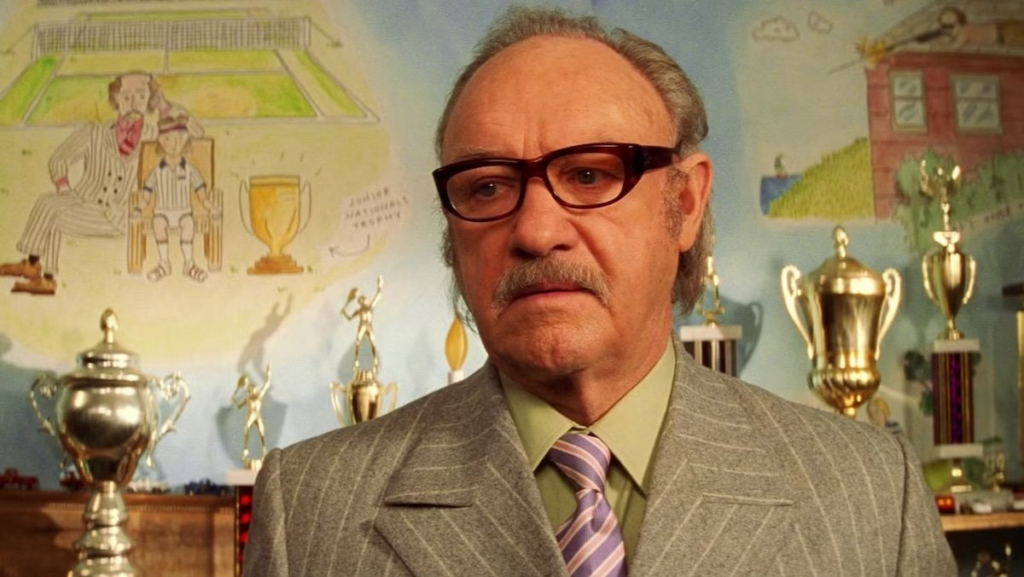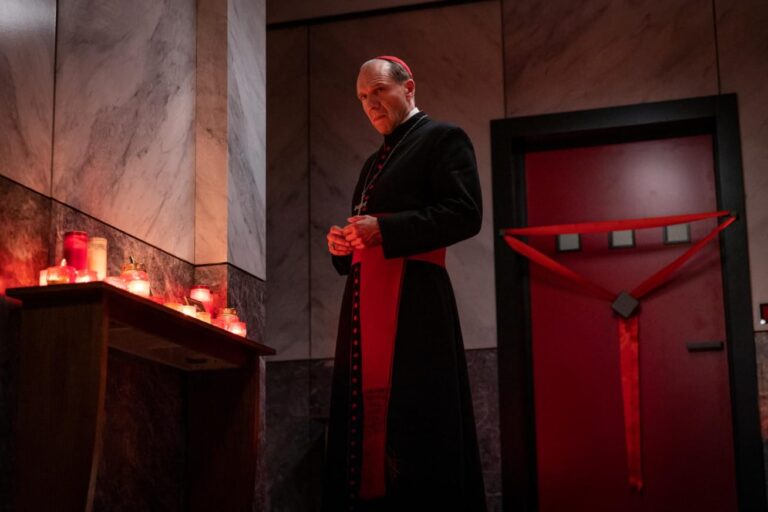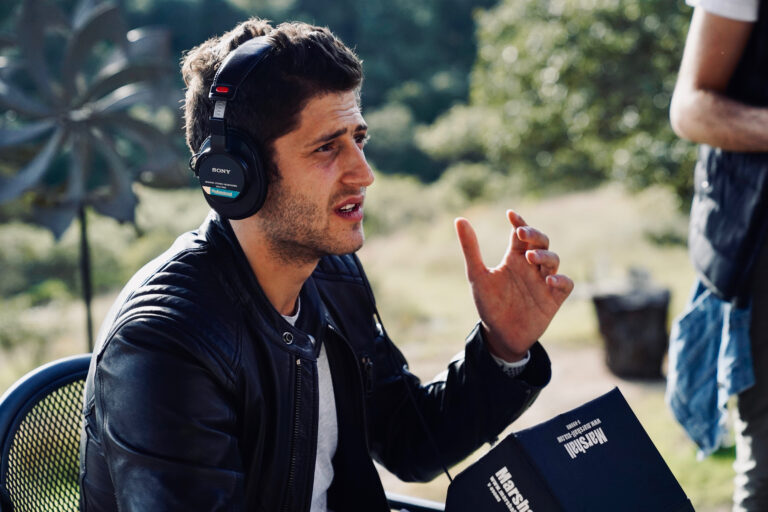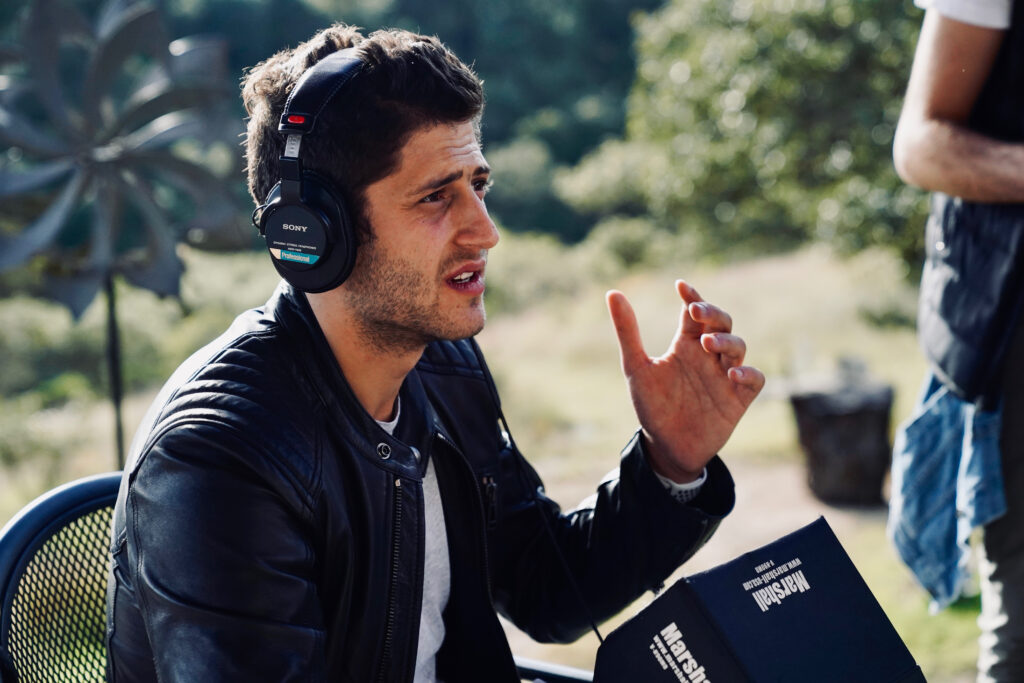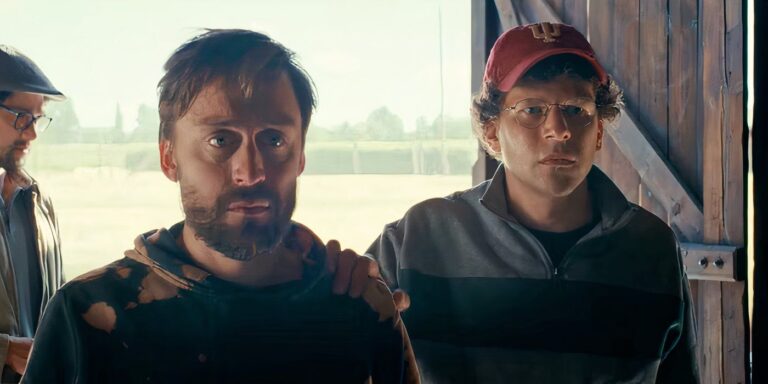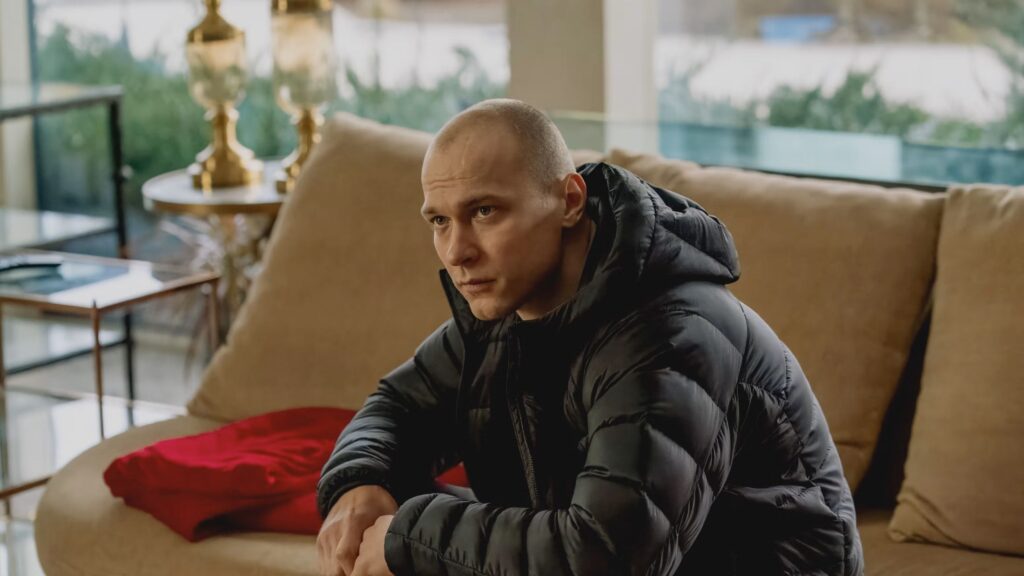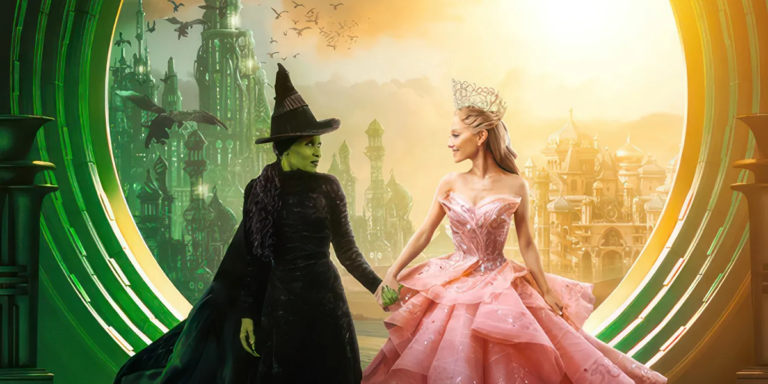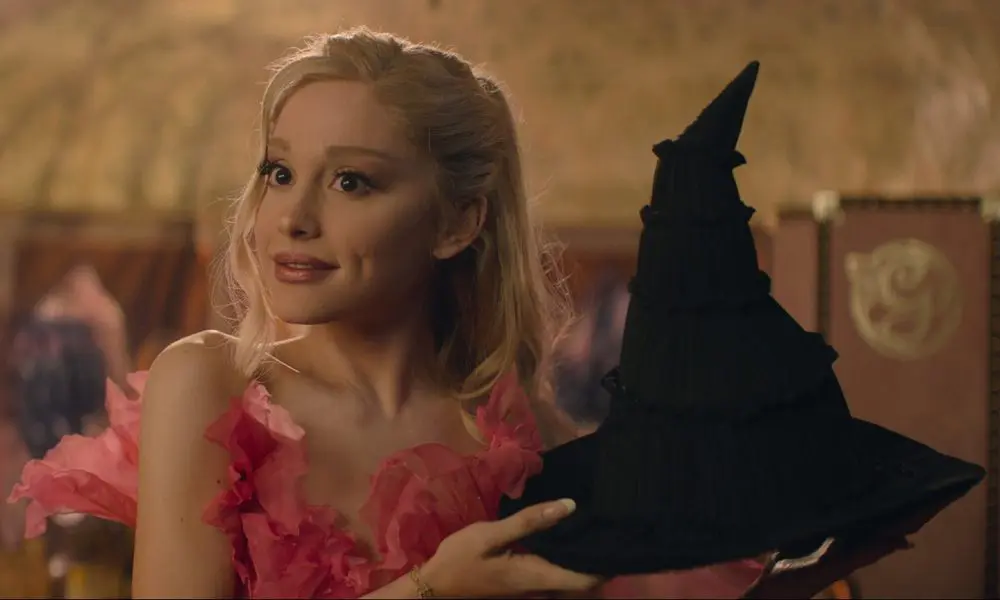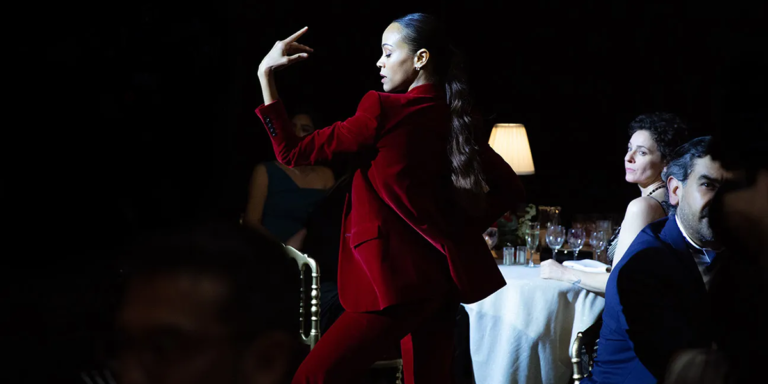Director: Ash Avildsen
Writers: Ash Avildsen, Jeff Leen, Alston Ramsay
Stars: Emily Bett Rickards, Josh Lucas, Tyler Posey
Synopsis: In a time when pro wrestling for women was illegal all over the United States, a small town single mother embraces the danger as she dominates America’s most masculine sport and becomes the first million dollar female athlete in history.
Sports films, without a doubt, inspire audiences in ways that other genre films simply don’t. Whether they are epic underdog stories about breaking out of poverty or smashing the glass ceiling of gender norms, their ability to uplift us knows no limits. It’s no different for Ash Avildsen’s film Queen of the Ring, which recounts the triumphant life of Mildred Burke, America’s first million-dollar female athlete. A true display of the American Dream through the formidable elegance of a woman who isn’t afraid to take up space.

Queen of the Ring rolls the clock back to 1930s America, when Mildred Bliss, later known as Mildred Burke (Emily Bett Rickards), has dreams to make her life more than what it is. A single mother born of a single mother seeks to break into the world of wrestling after attending a show with said mother, Bertha (Cara Buono). Among the crowd of mostly men, Mildred’s eyes beam with excitement, stoking a fire inside of her that would burn for years to come. From the moment the match starts to its conclusion, Mildred knows that the ring is where she’s meant to be. Sitting in front of the two women is G. Bill Wolfe (Tyler Posey), who would go on to introduce Mildred to the man who would help make her dreams of becoming a wrestler a reality, his father, Billy Wolfe (Josh Lucas).
During this time in American history, it was illegal in parts of the country for women to wrestle one another, and a risk for trainers to take any on. After Mildred proves herself to Billy by taking out a man in the ring, he agrees to train her. As their professional relationship builds, so does their personal one, and it’s not a healthy environment, whatsoever. Mildred begins to dominate in the ring making money, but, more importantly, also starts making a name for herself. As she builds her career, she knows that to secure her wealth for herself and her son she must hold Billy to a promise he made to her, and marry her. As the couple grows further apart, the roster of female wrestlers grows, putting Mildred up against odds only a woman could face.
Avildsen has the tough job of bringing an athlete to the screen that unfortunately never received the recognition she deserved. Adapting the book of the same name by Jeff Lean, there are undoubtedly moments of Mildred’s life that will get lost within the wider cinematic story. What Avildsen does well in this film is not shying away from Mildred’s struggles, especially when it comes to gender-specific problems. These include marrying a man you don’t want to in order to have a stake in the business you built, or breaking the cycles of abuse, even when it feels impossible. There are plenty of social issues that are touched on, but also plenty of room for the showmanship and physicality of the sport to still have its time to shine.
Where Queen of the Ring truly makes its impact is with the film’s leading performances. Rickards makes it glaringly obvious that she was dedicated to this role; her physical performance alone makes this film worth watching. She fully transforms into her role as Mildred, capturing her fiery passion for her sport and the dominating force she is in the ring. Paired with her on-screen slime ball husband, Lucas plays Billy almost too well; his charm pulls you in, ignoring all his red flags. Their chemistry is what pushes the film along in its slower moments. The supporting cast has solid work from rival promoter, Jack Pfefer (Walton Goggins), and wrestling maven Gladys Gillem (Deborah Ann Woll), but their presence is short-lived and often overshadowed by some rather lackluster work from Posey, Buono, and Adam Demos as Gorgeous George.
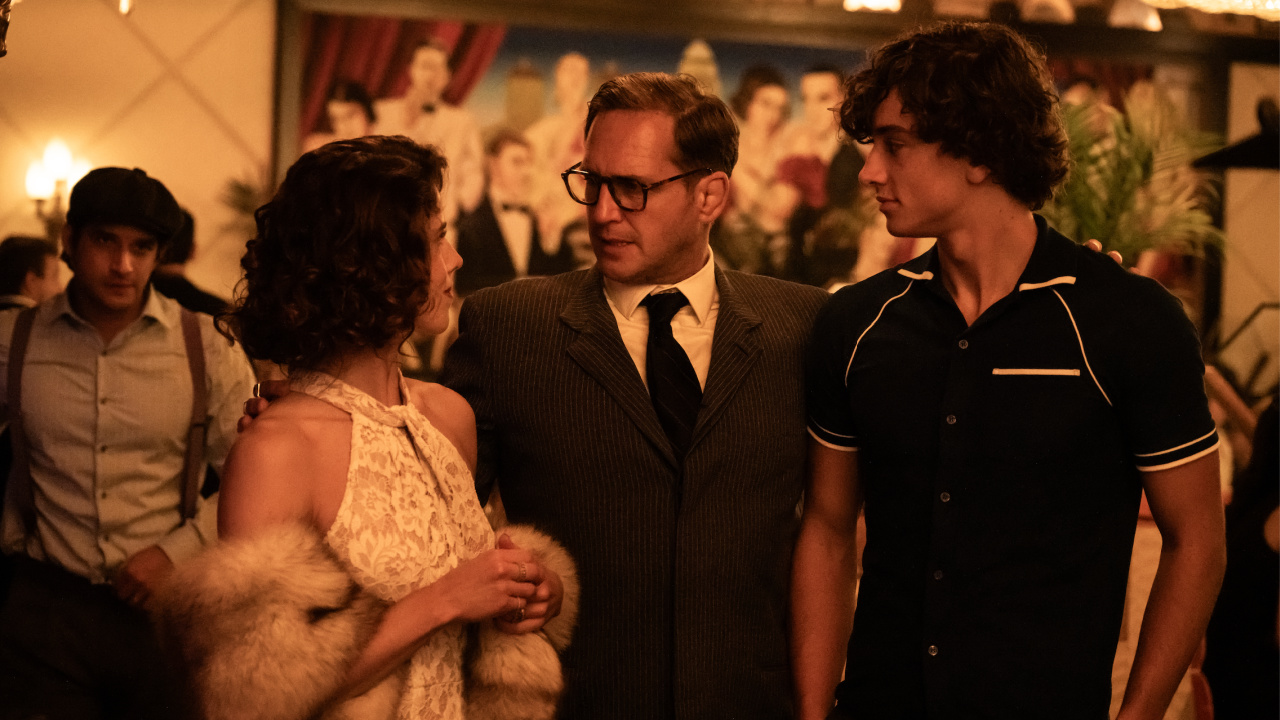
The film makes sure to incorporate real female professional wrestlers, so if you are a pro wrestling fan, there will be more than a few faces to keep an eye out for. It’s striking to see so many muscular women on screen together, sharing the screen instead of competing for a spot. Kamille, Toni Storm, Trinity Fatu, Britt Baker, and more all command the screen in Queen of the Ring, showing off their physical abilities as the art form it is. Their inclusion in the film showcases how Mildred’s story transcends generations, how far female wrestling has come, and where it still can go. The stunt work with Rickards is mesmerizing; paired with the hazy glow of the ring lights, their work feels like a ballet routine that just so happens to be surrounded by ring ropes.
Mildred’s characterization in Queen of the Ring is mostly captivating, and she’s incredibly easy to root for. She’s young, beautiful, and a hard working single mother. Her path is a dangerous one, as she continuously places her body on the line for a job that is illegal for her to have. As her career grows, so does her amount of supporters; the film makes it a point to mention that she is a hero to everyone. The film falters in its pacing with telling Mildred’s story; many impactful moments later in the film feel like a “blink and you’ll miss it” scenario. The film lingers on more high-spirited in-the-ring fights, which makes for an entertaining film but leaves the more real elements of Mildred undiscovered.
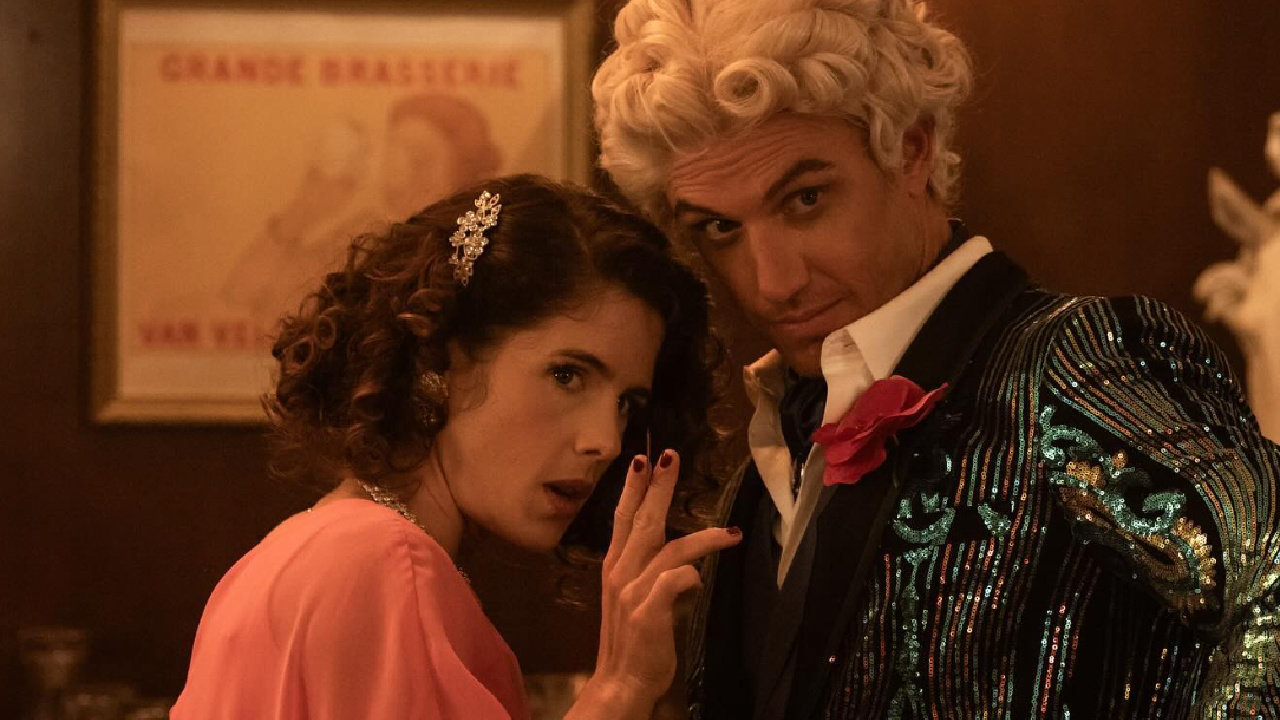
The film works best when Mildred is in the ring grappling and sparring with whoever is unlucky enough to be her opponent. Visually, the film excels in this regard too, with cinematographer Andrew Strahorn capturing the glow and glamour of the squared circle showcasing the period seemingly effortlessly. Whether getting ready in the brightly lit beauty mirrors showing the drama behind the scenes, or the chaos in the ring while popping bones back into place, Strahorn’s work does a lot of heavy lifting. Unfortunately, it can only lift so much while Queen of the Ring packs one too many needle drops of modern rock covers that do not blend well with the film or its visuals at all.
Overall, Queen of the Ring is a story that is needed right now, as it shows the lengths those who are marginalized must go to be seen and heard. While the film suffers from its minor issues, its strong leading performances and dedication to the message are more than worth the price of admission.



